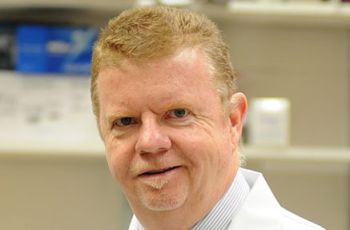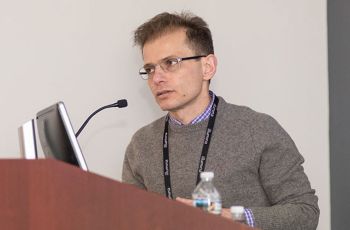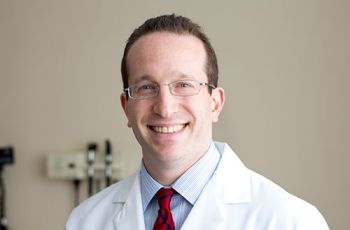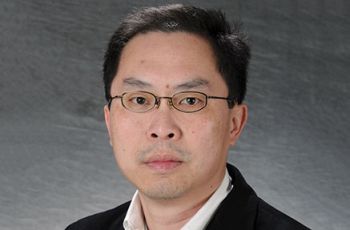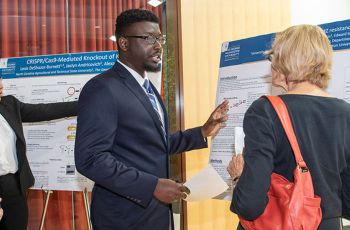Cancer
For the first time, researchers at the GW School of Medicine and Health Sciences have successfully used the gene-editing tool CRISPR/Cas9 to limit the impact of parasitic worms responsible for schistosomiasis and for liver fluke infection, which can cause a diverse spectrum of human disease…
Tzatsos was recognized for his research on the epigenetics of pancreatic cancer.
Researchers from the GW Cancer Center published in JAMA Dermatology on the efficacy of preventative strategies for adverse effects of taxane-based chemotherapy.
Adam Friedman, MD, is the senior author of a study on the efficacy of nanoparticles in therapies for triple-negative breast cancer.
Adam Friedman, MD, professor of dermatology, spoke to WUSA9 for a segment about the side effects of cancer and how clinics like GW's Supportive Oncodermatology Clinic can help.
Norman Lee, PhD, is investigating the mechanism behind dysregulation splicing factor expression.
Paul Brindley, PhD, has received more than $1.7 million from the National Cancer Institute at the National Institutes of Health to investigate the cellular and molecular links between liver fluke infection and bile duct cancer.
Leading up to his first year of medical school at the George Washington University (GW) School of Medicine and Health Sciences (SMHS), David Agdashian, now a second-year MD student, had the opportunity to work at the Center for Cancer Research at the National Cancer Institute (NCI).
The GW Cancer Center is pleased to announce that Katherine Chiappinelli, PhD, was awarded a prestigious grant from The G. Harold and Leila Y. Mathers Foundation.
Lexis Deshazor-Burnett, a rising junior at North Carolina A&T State University, credits the George Washington University (GW) Summer Program Advancing Research on Cancer (GW-SPARC) with opening her eyes to the myriad research paths she could follow.
